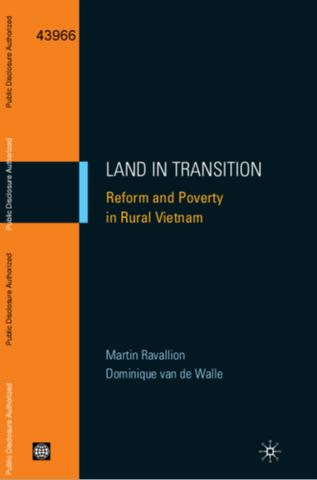Towards More Equitable Land Governance in Vanuatu : Ensuring Fair Land Dealings for Customary Groups
The regionally unique constitution of
the Republic of Vanuatu provides that-all land in Vanuatu
belongs to custom owners and their descendants and that
the-rule of custom shall form the basis of ownership and use
of land. Implementing this principle, however, after decades
of land alienation by foreigners using alien laws has proven
to be challenging. Concerns over actual and perceived
problems of land alienation through leasing in Vanuatu


